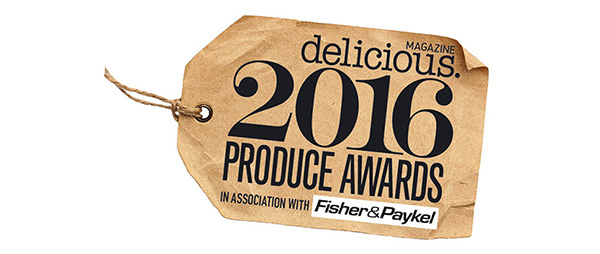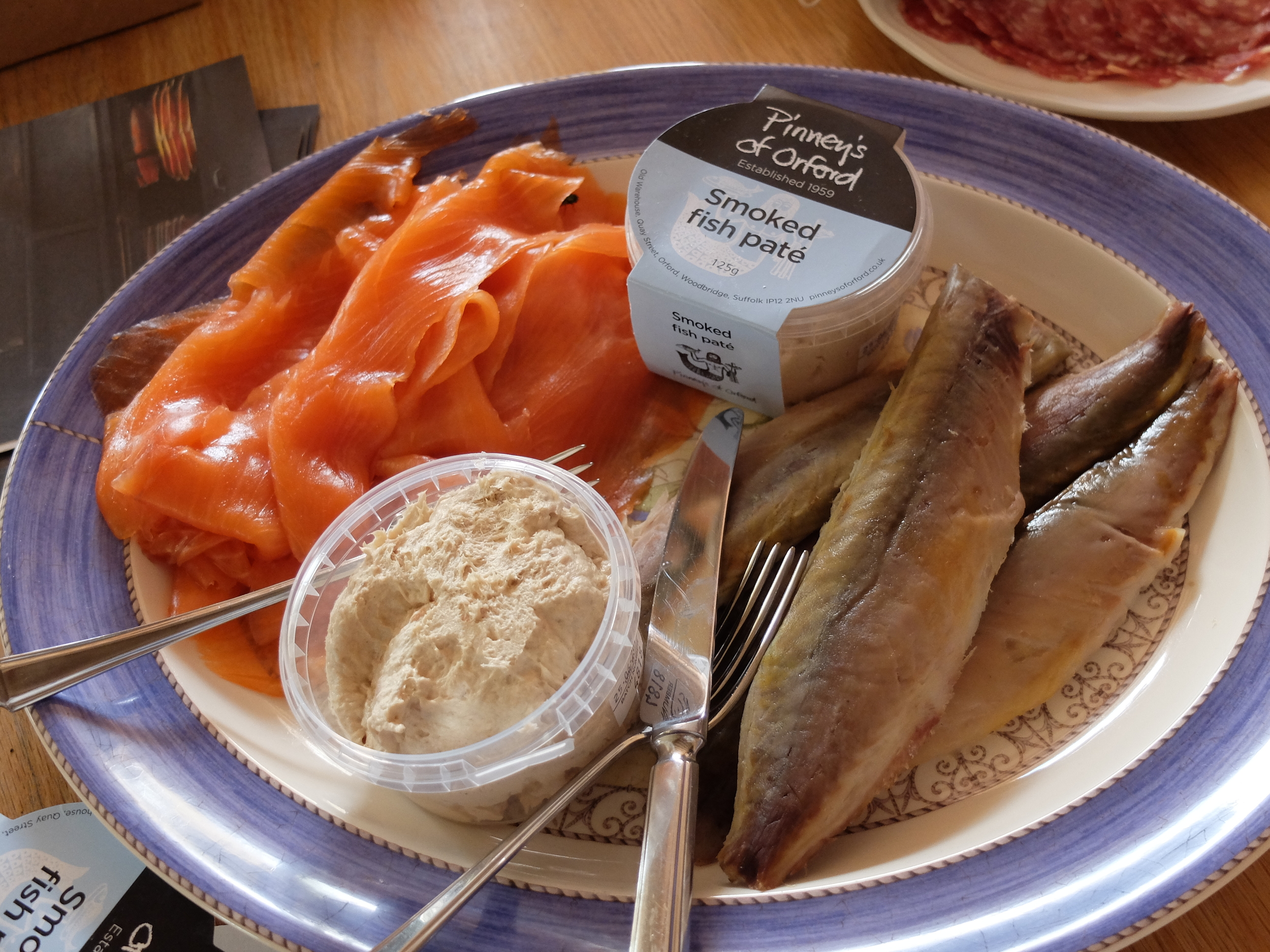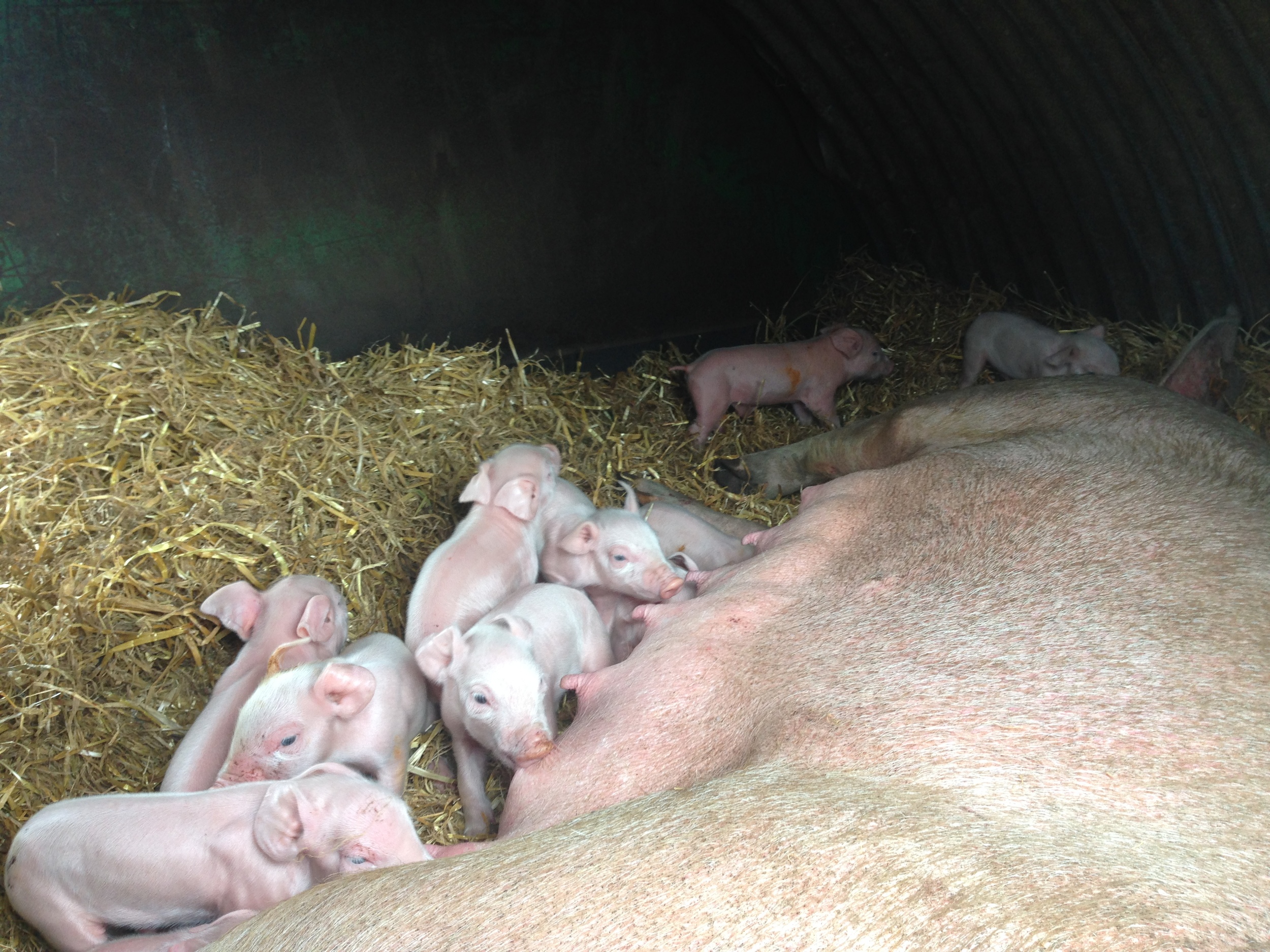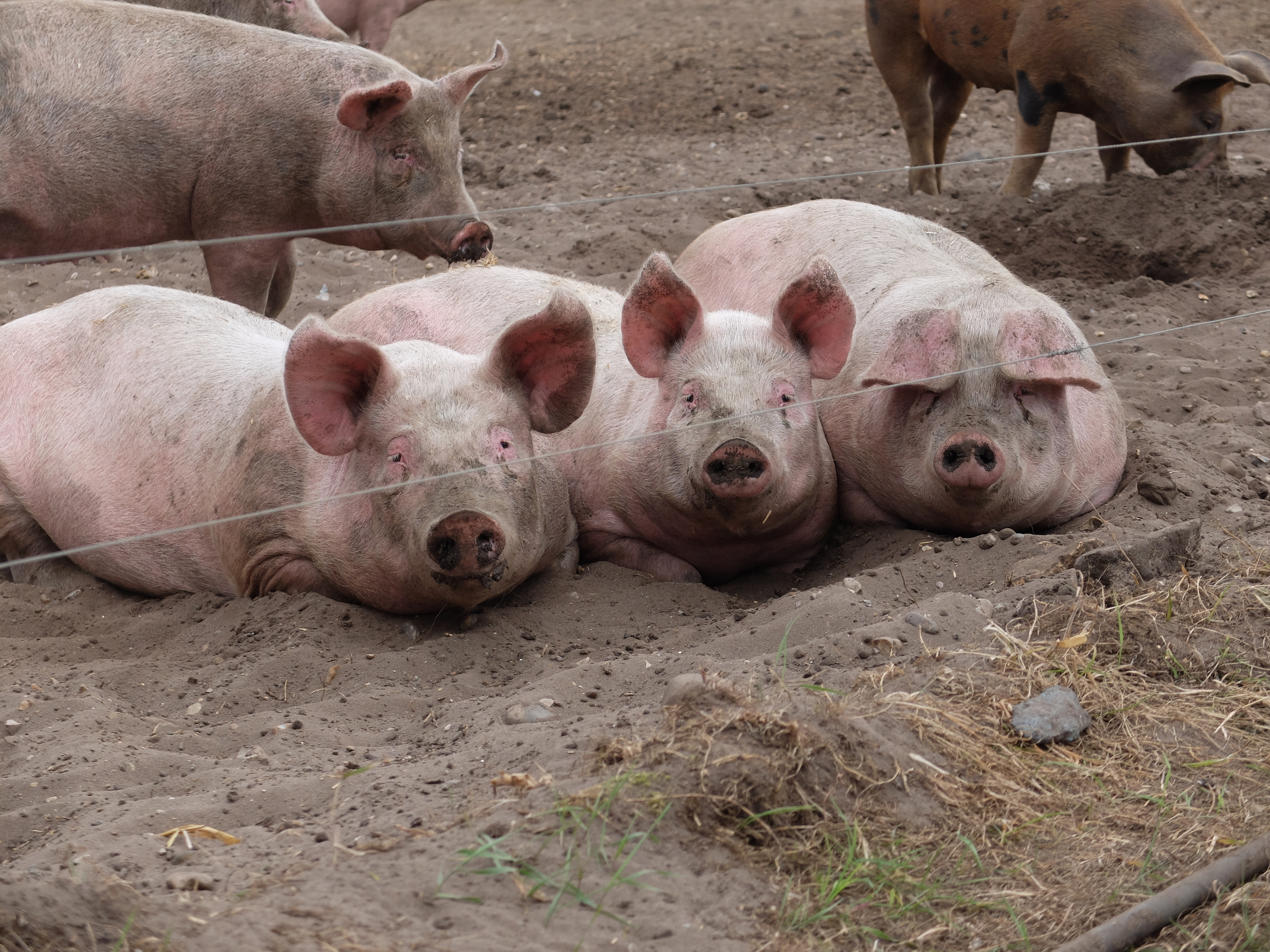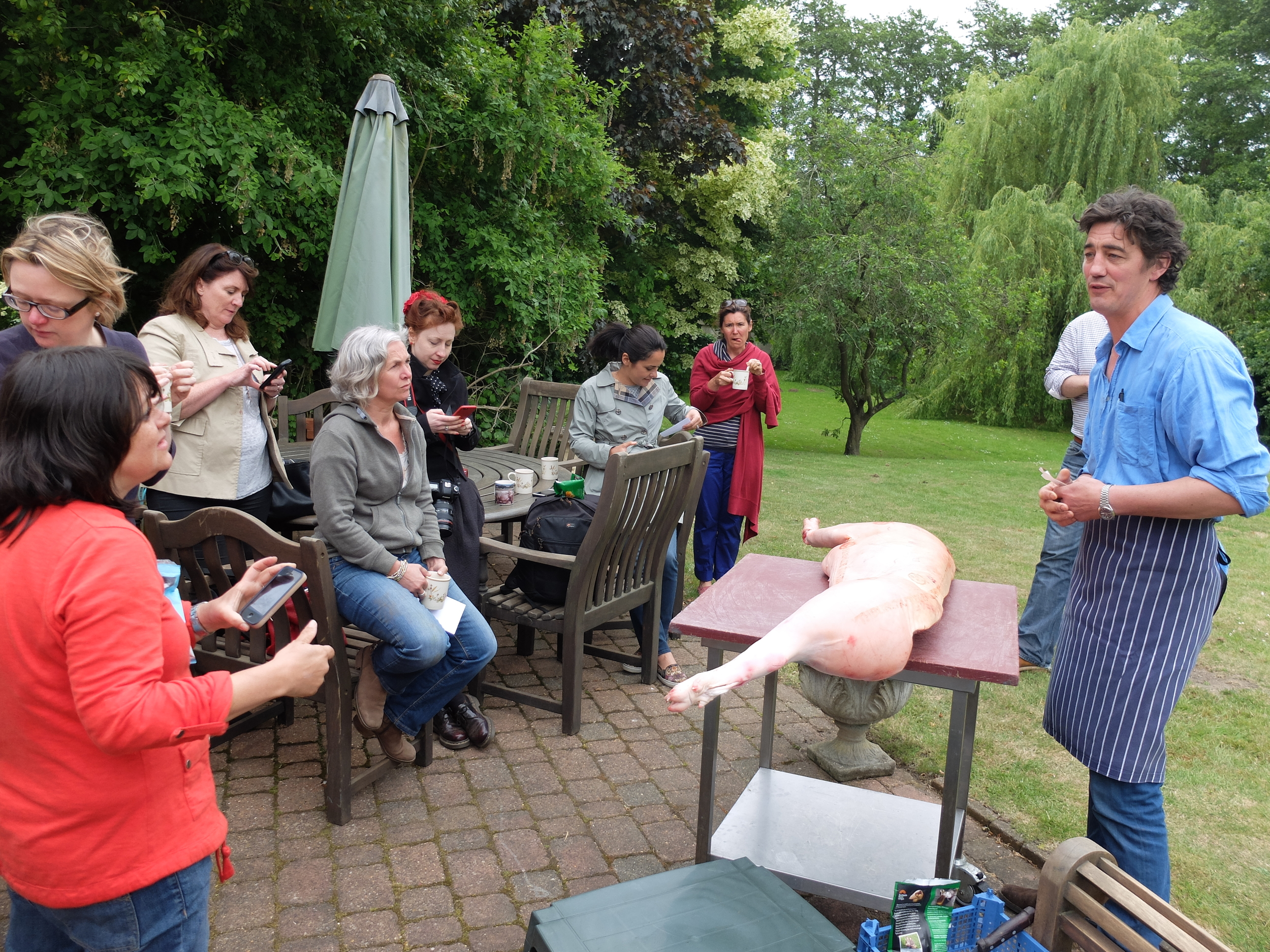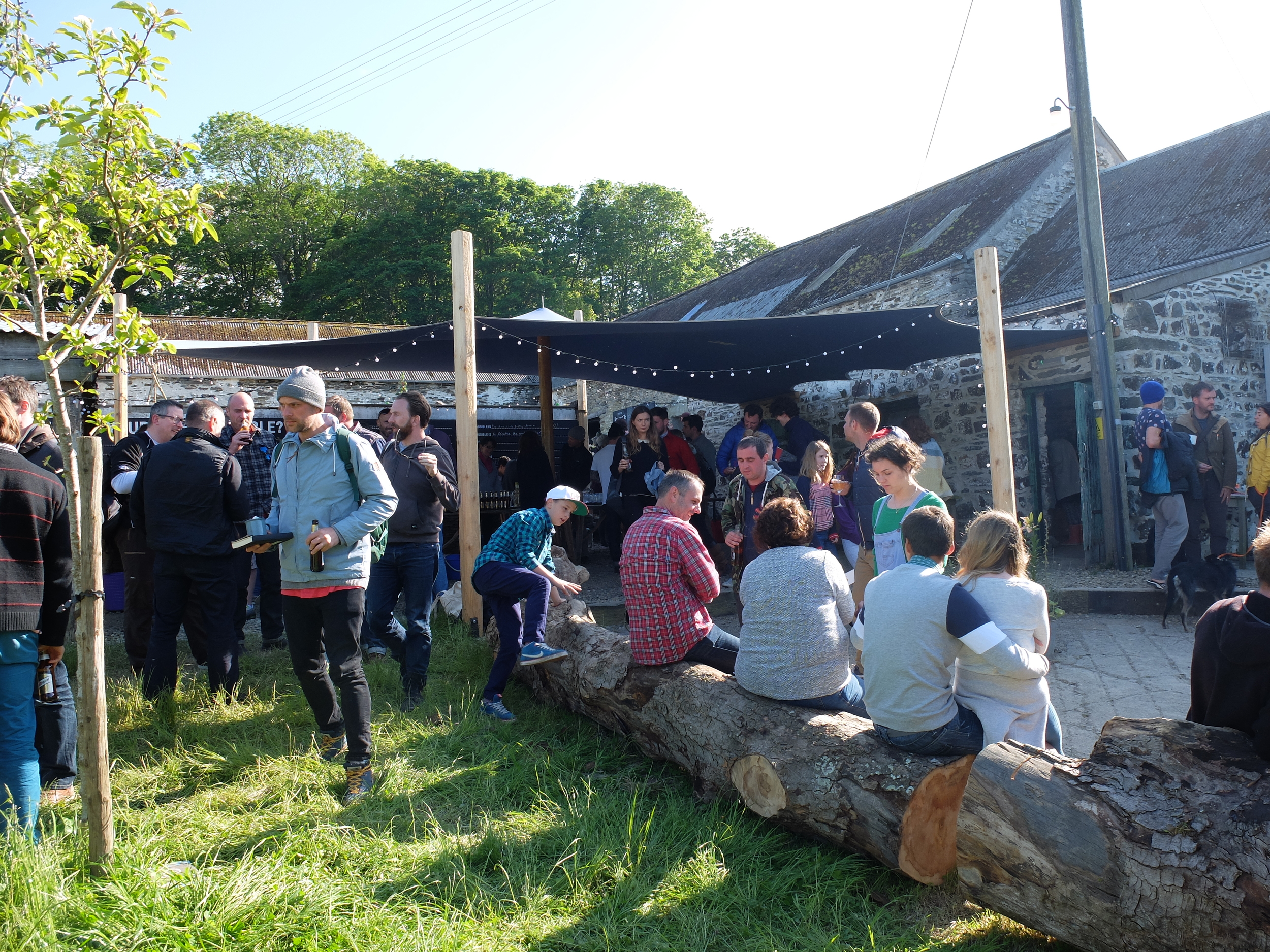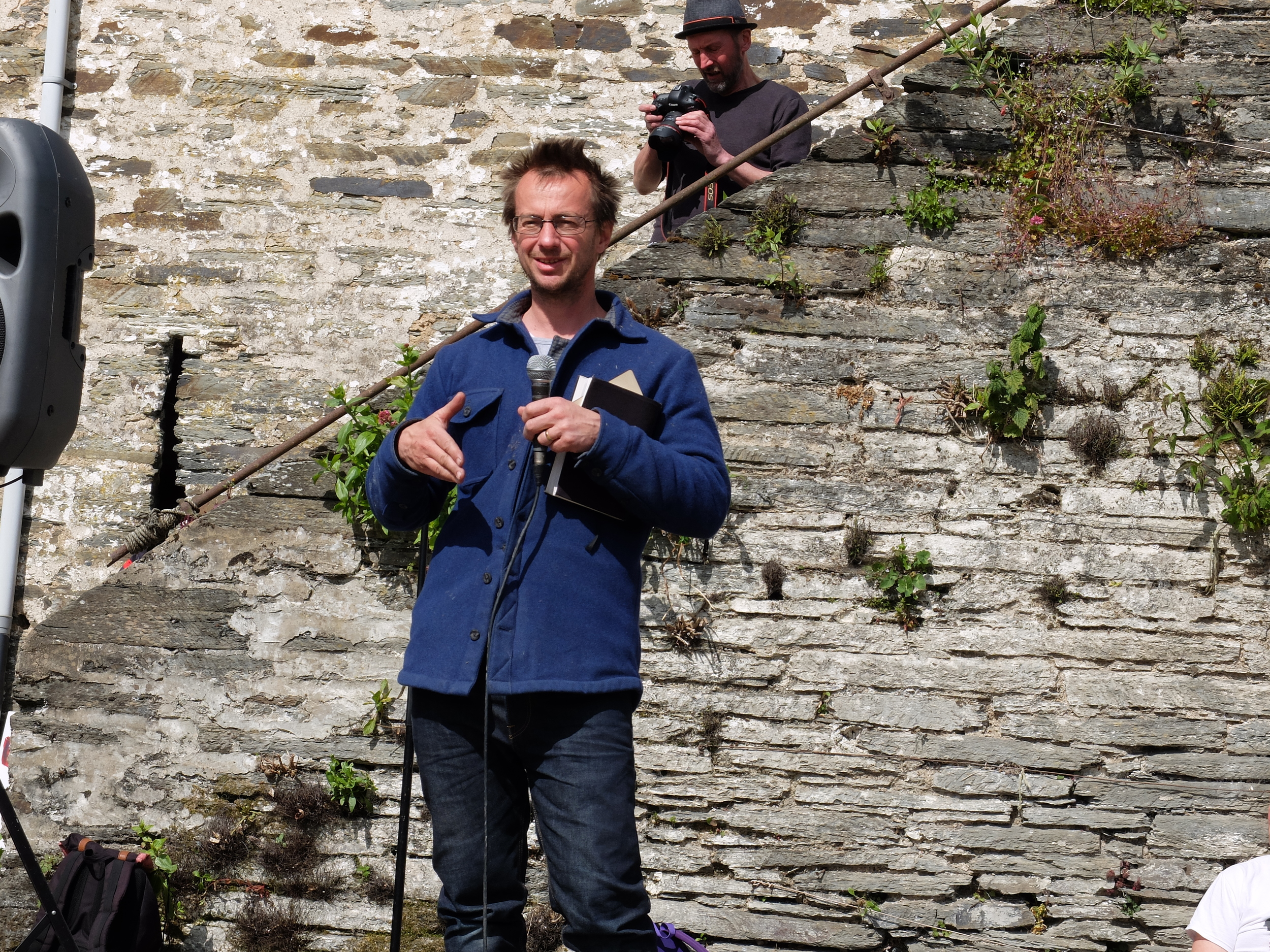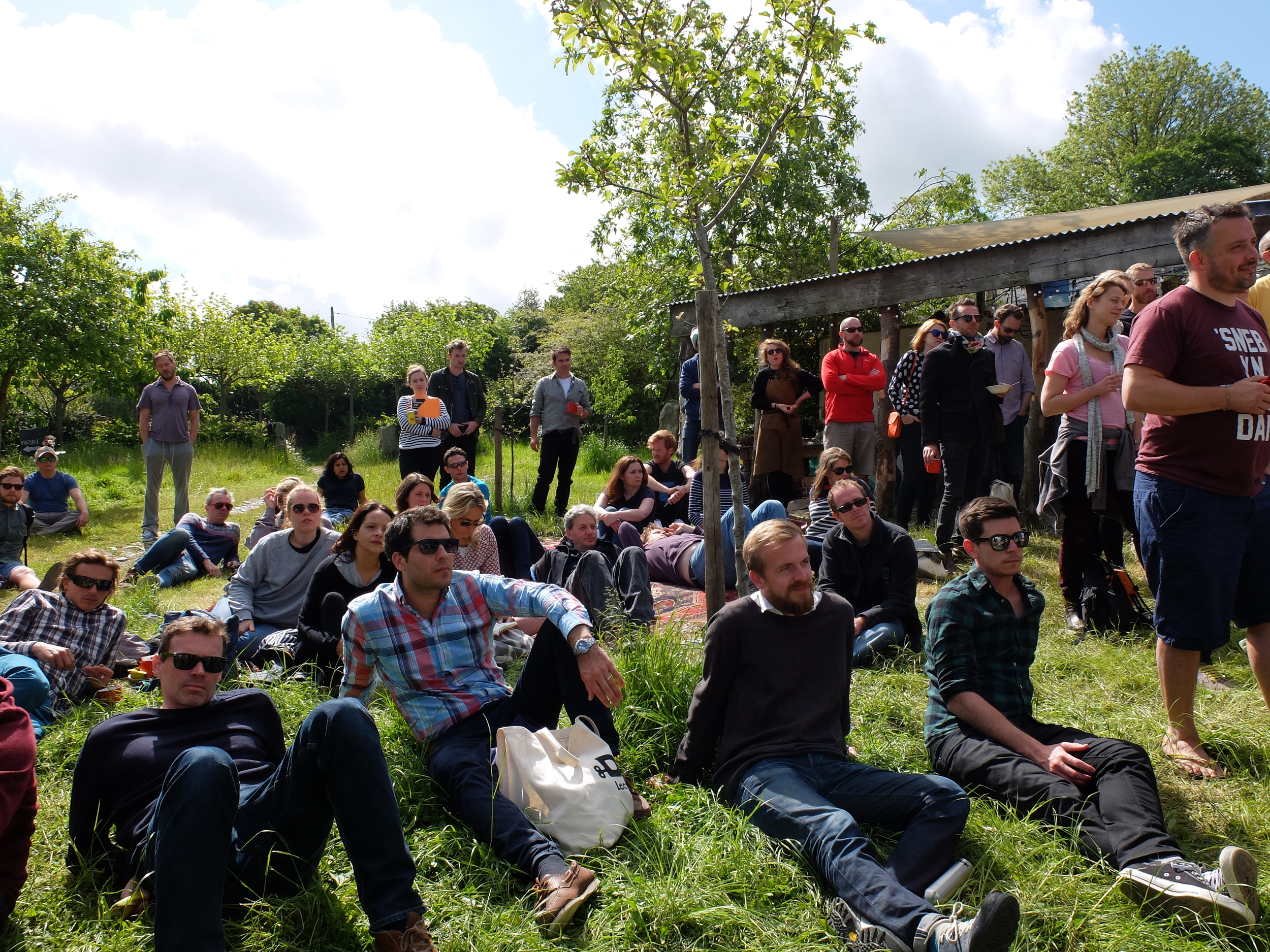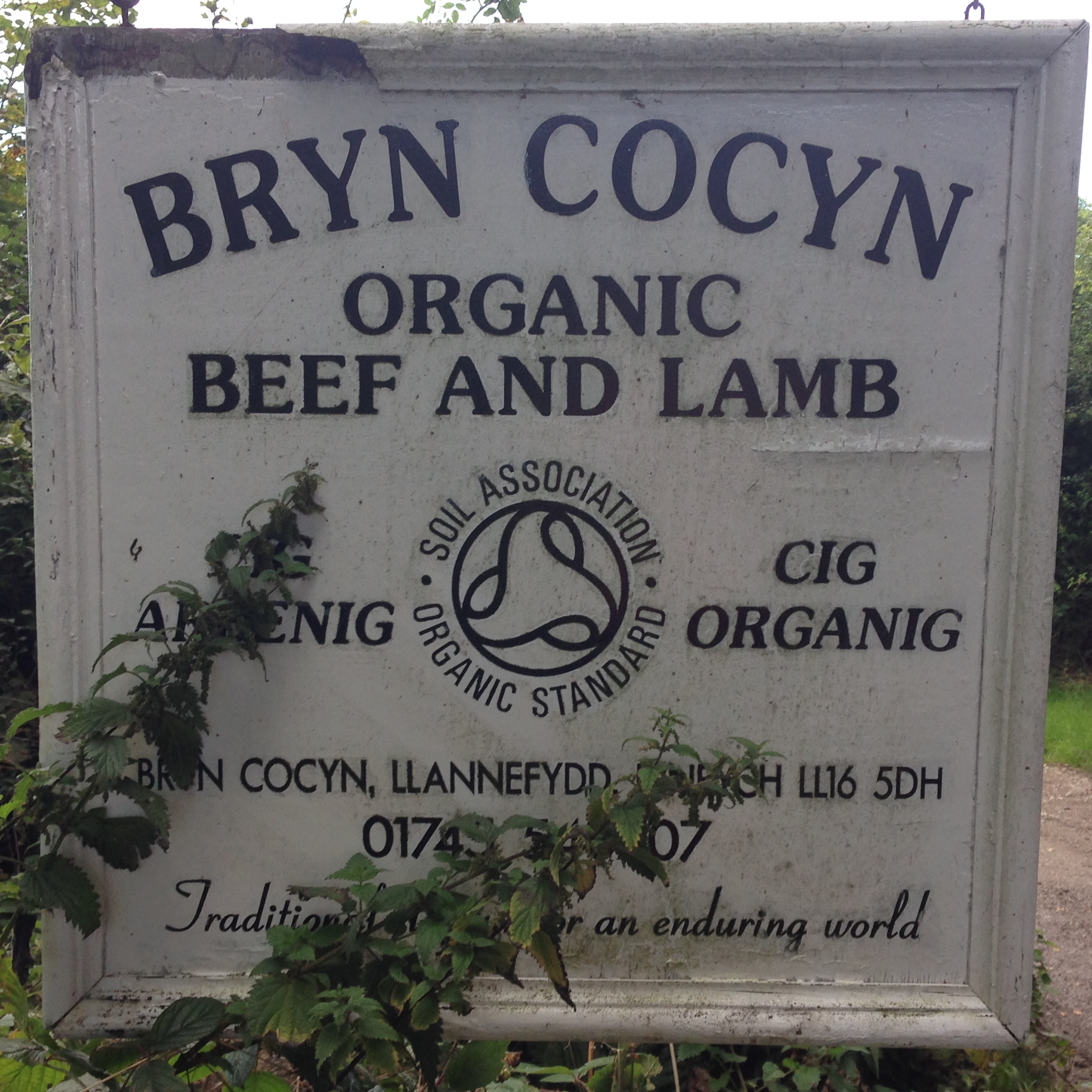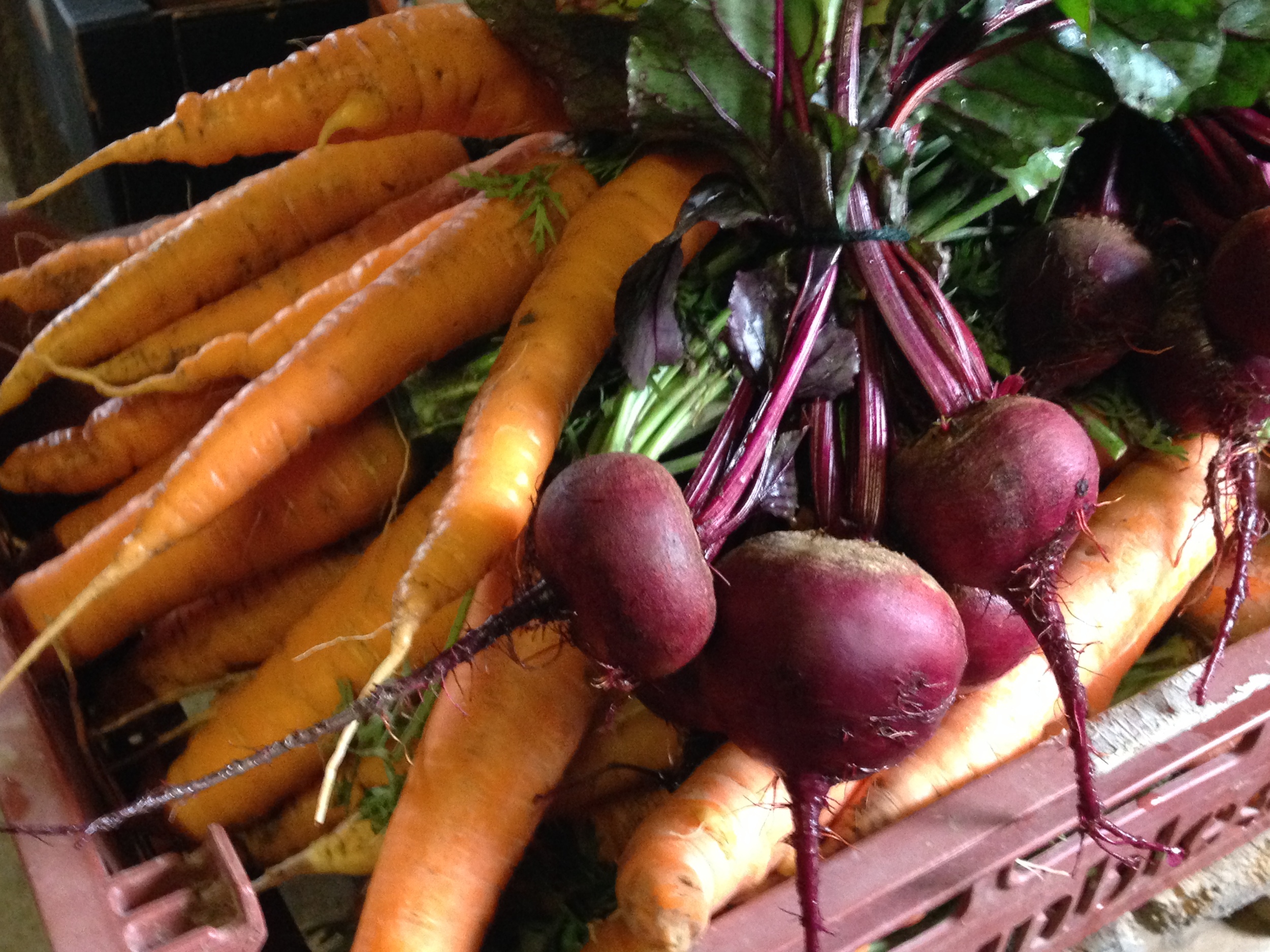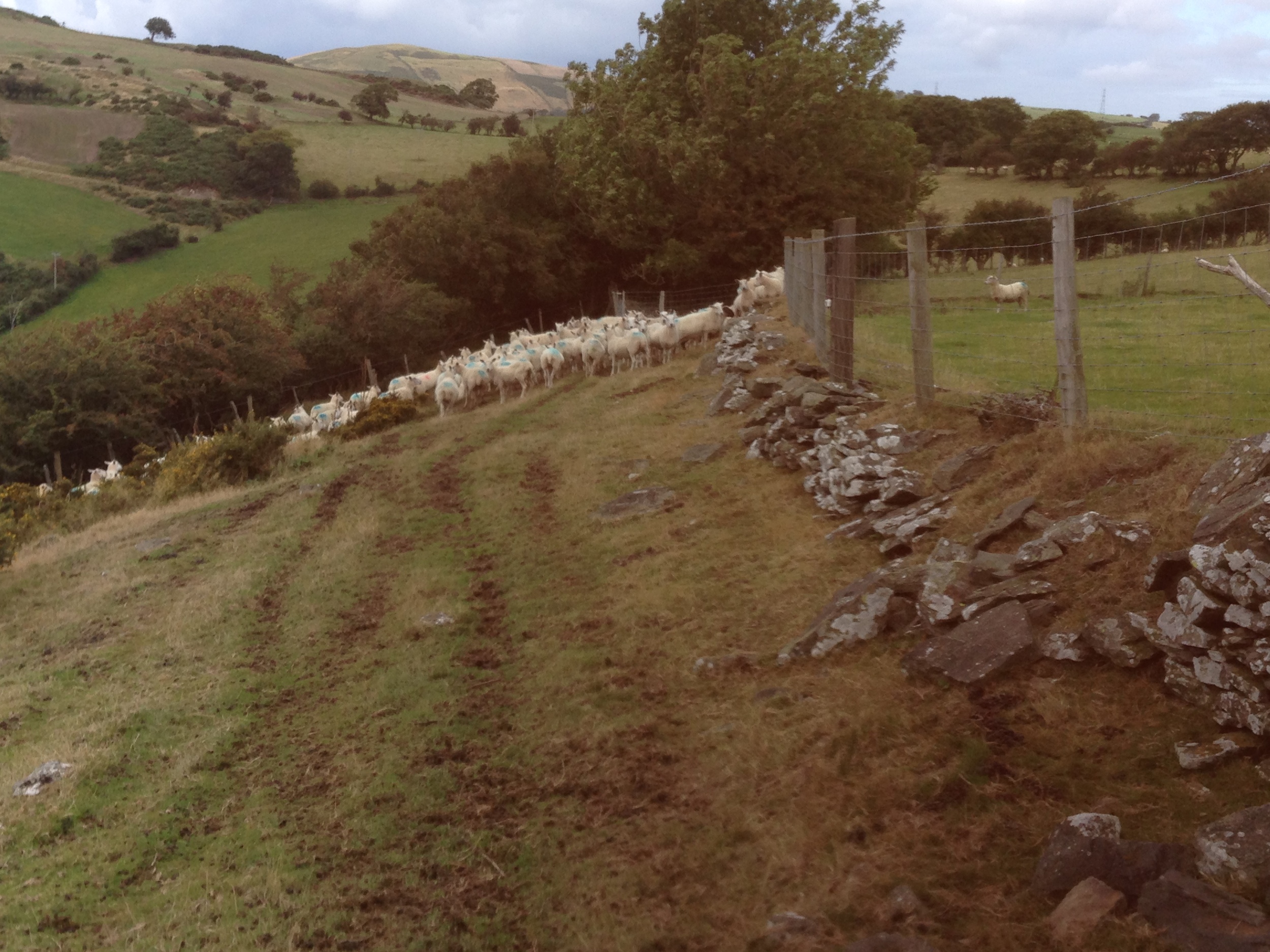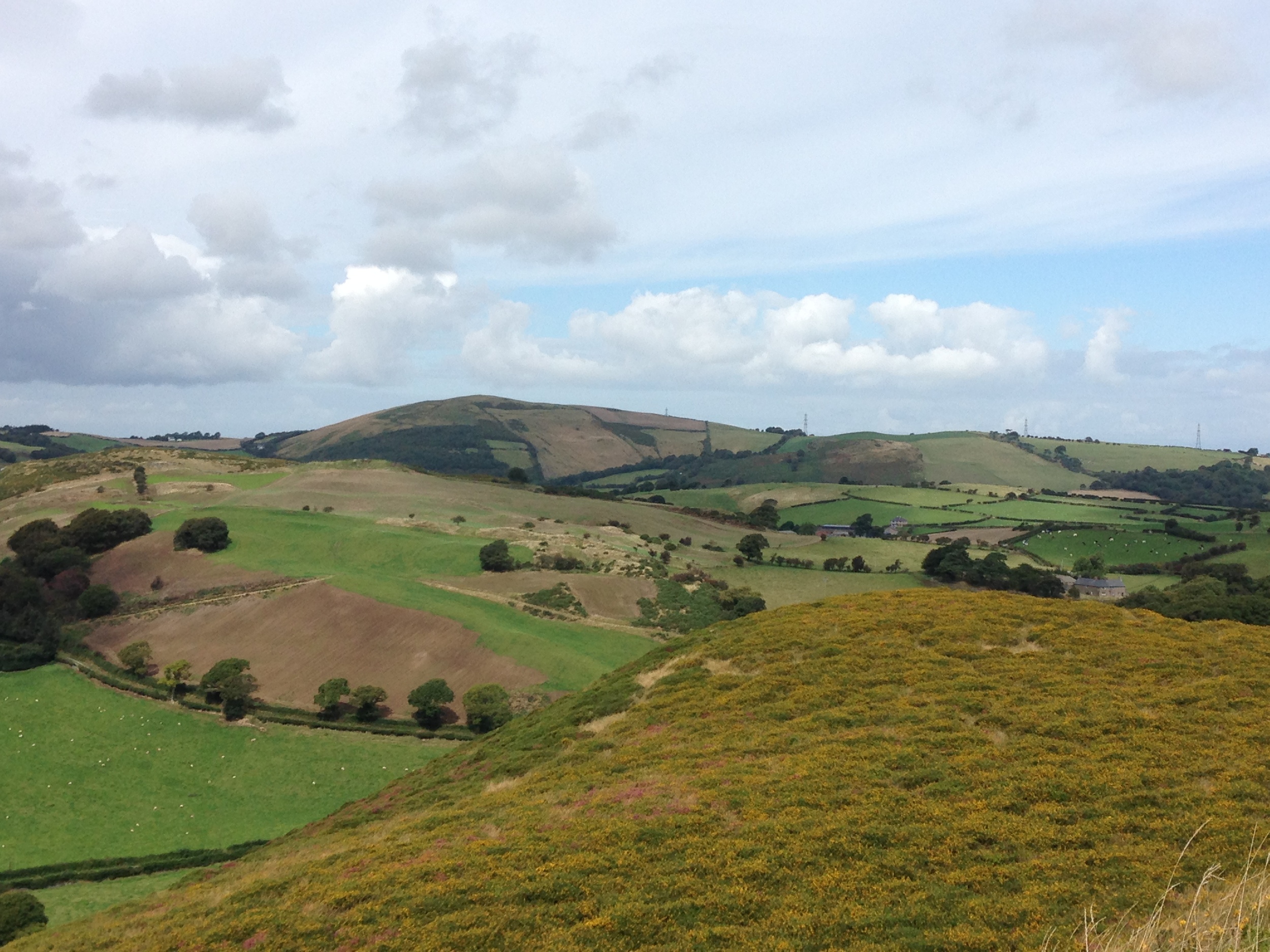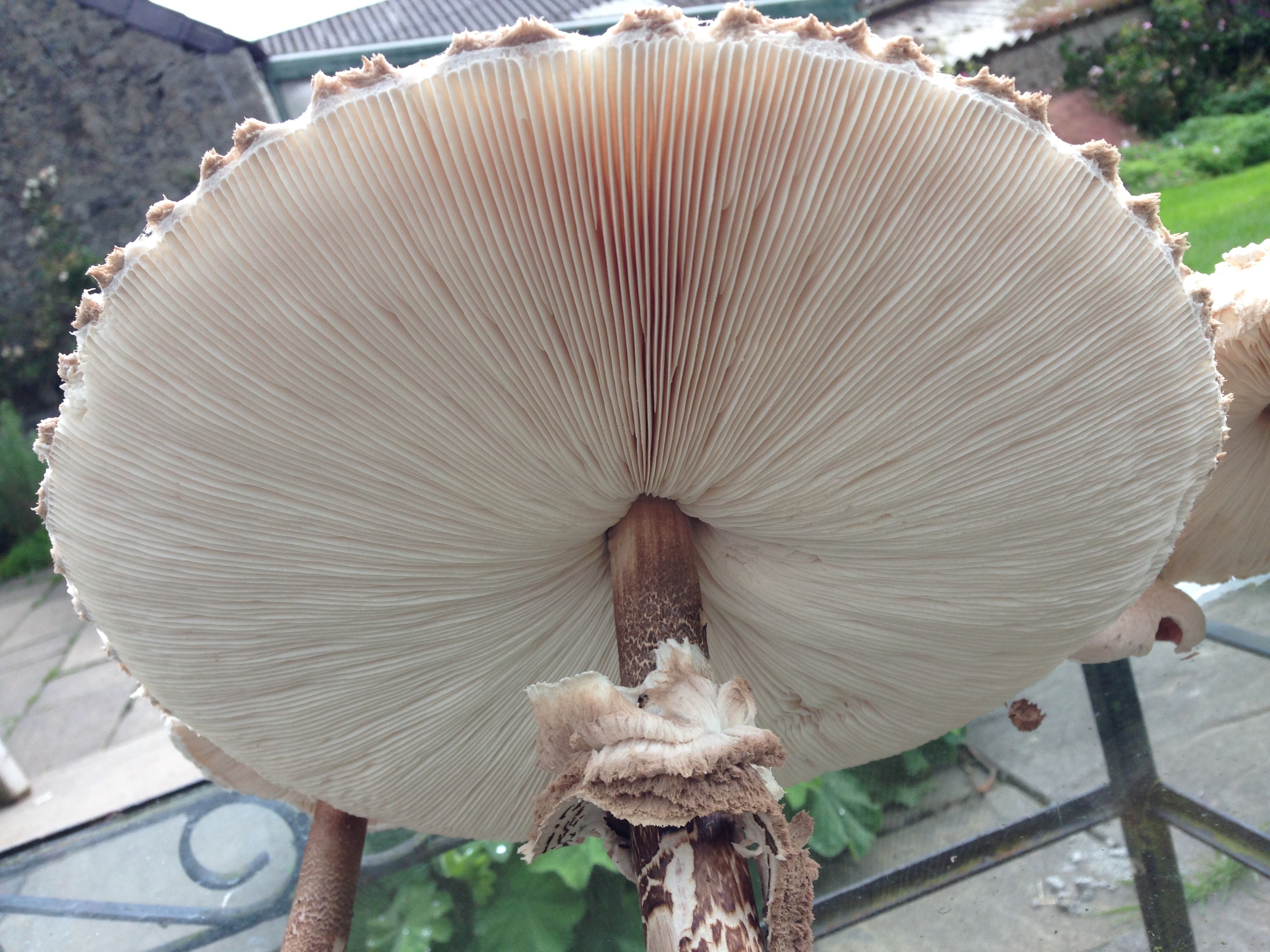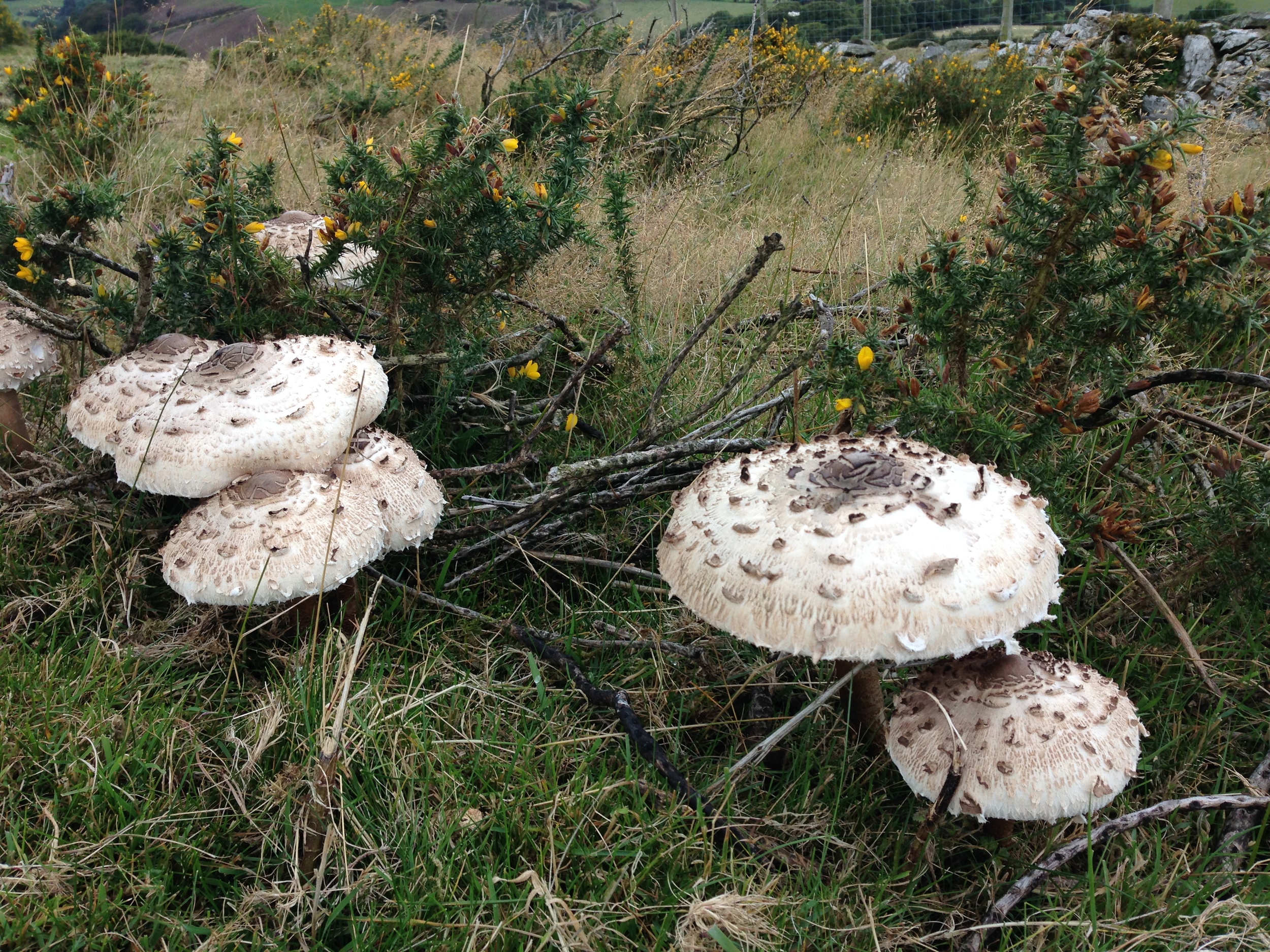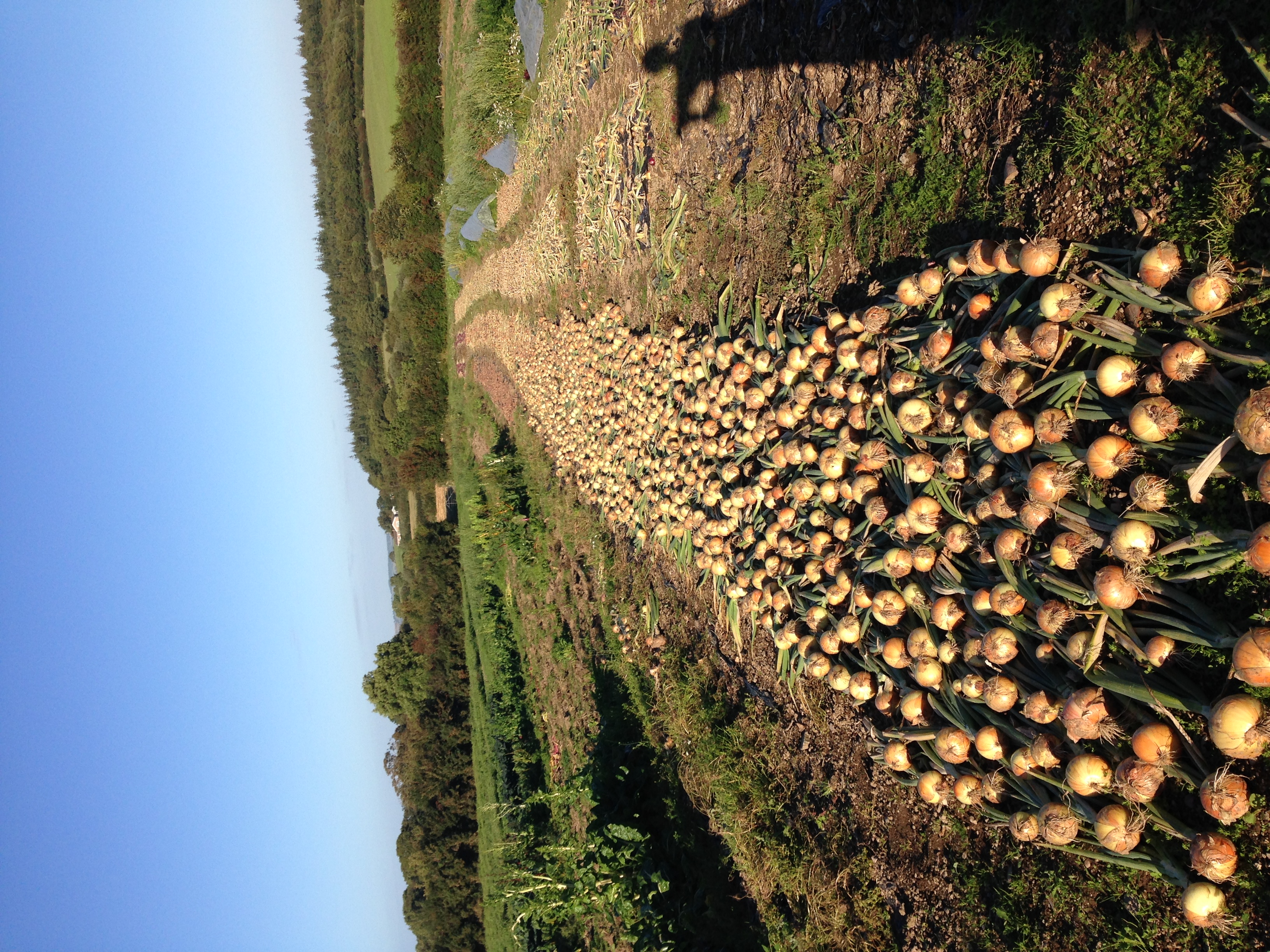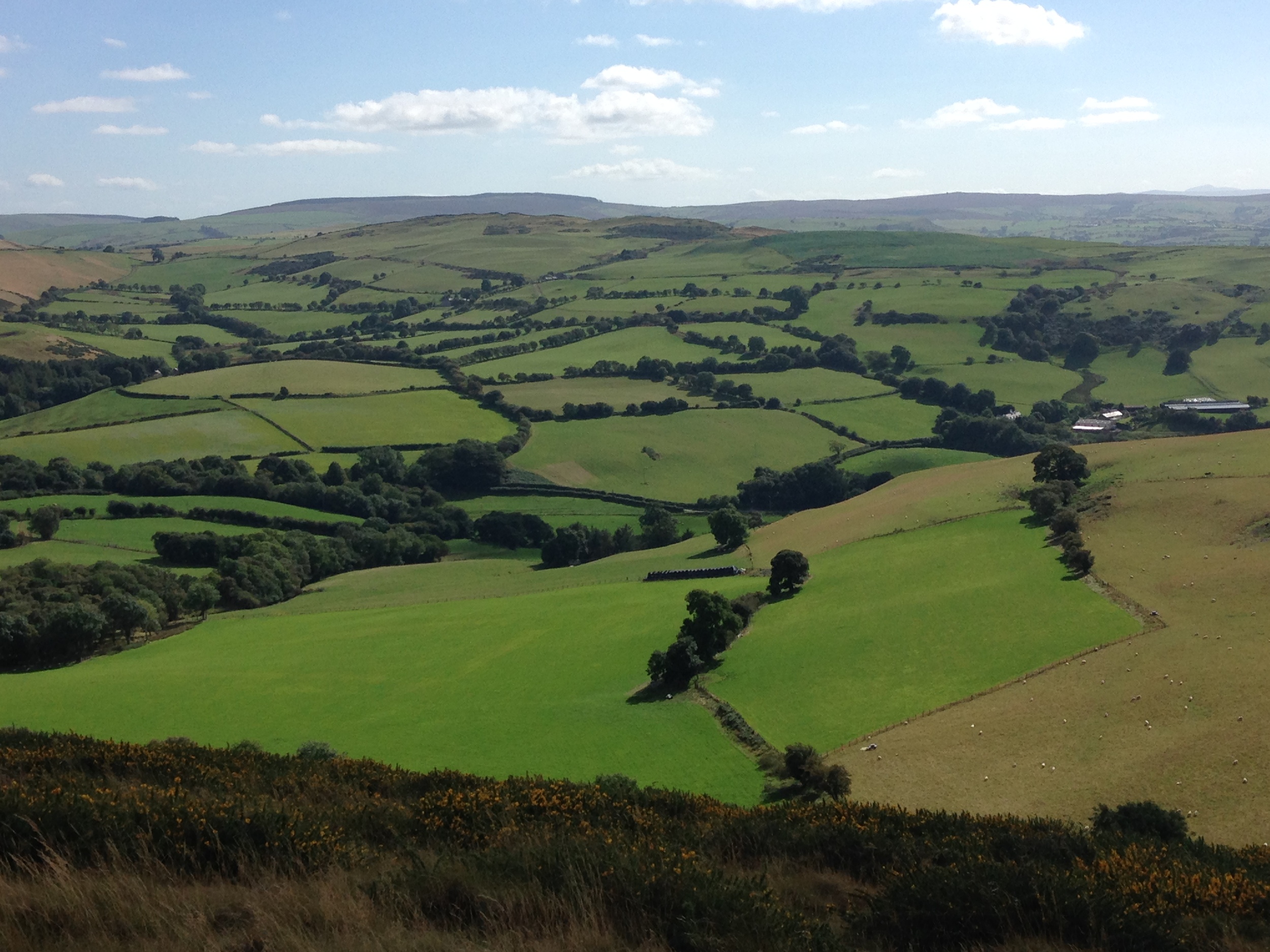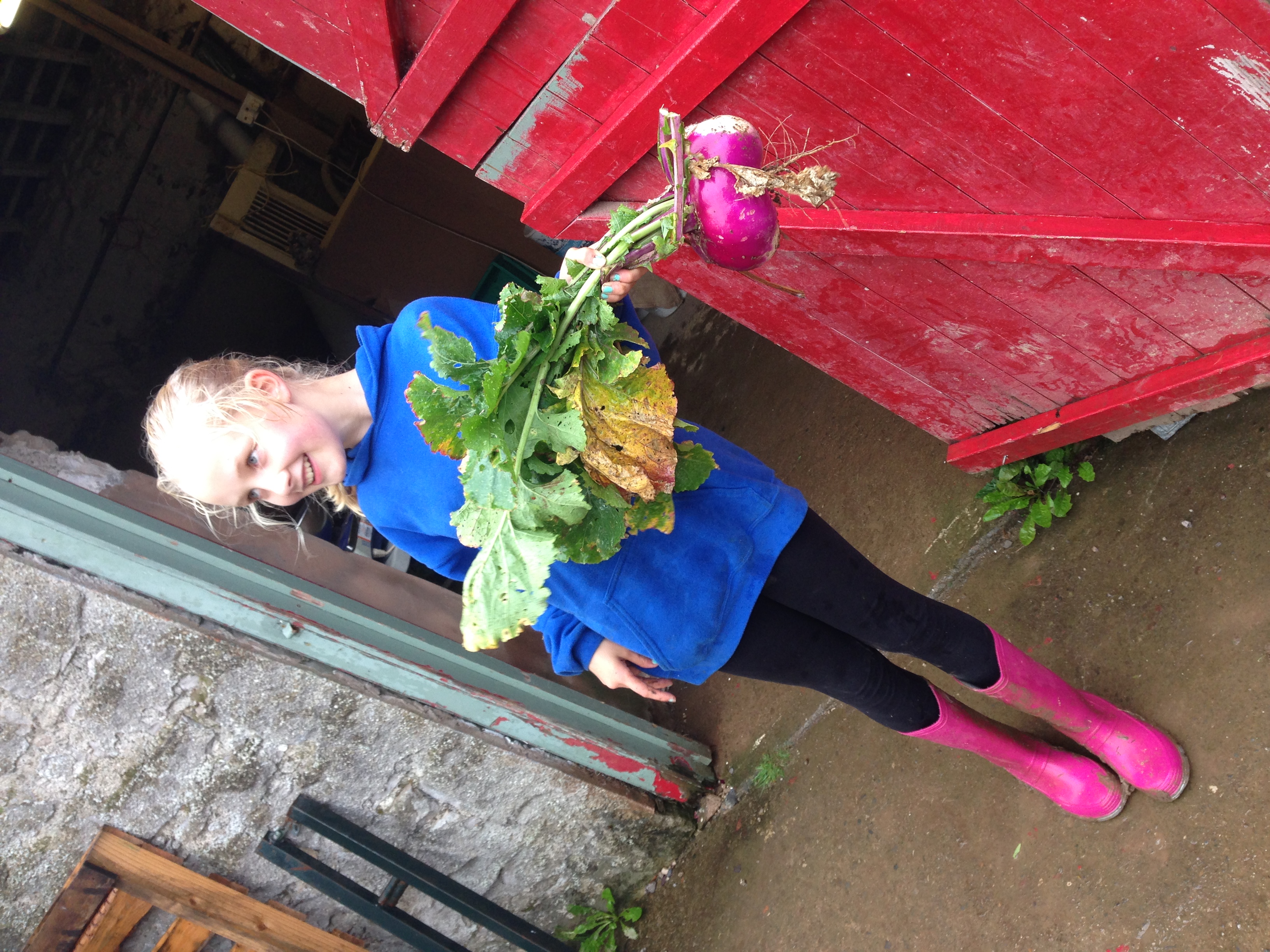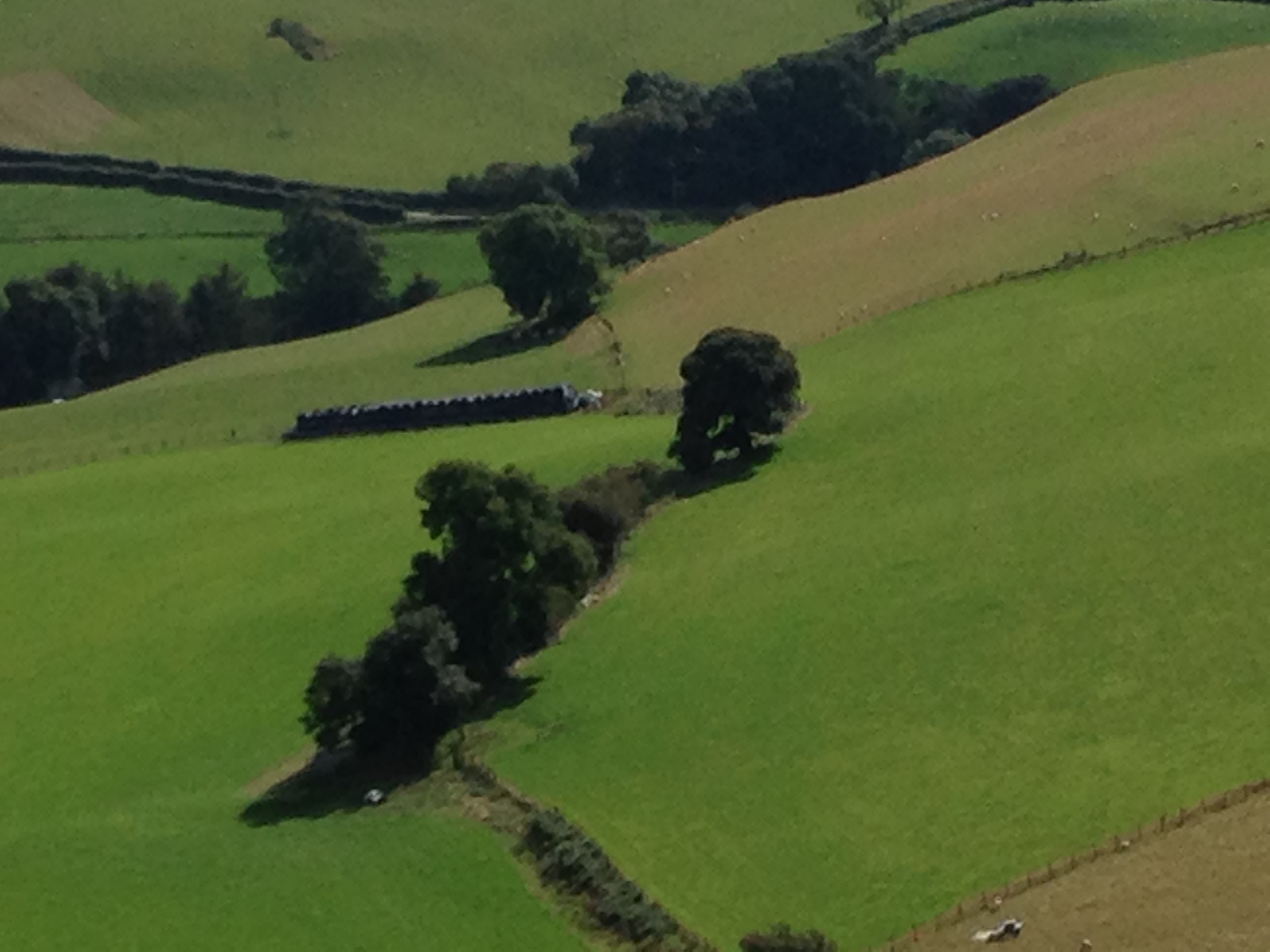
BLOG
Inspiration and news
10 Consumer Food Trends to Watch
We take a look at what trends are emerging in how British consumers shop and eat. Are our habits changing in response to growing awareness of diet-related health? How will Brexit affect our shopping baskets? And how is social media changing our relationship with food?
We take a look at what trends are emerging in how British consumers shop and eat. Are our habits changing in response to growing awareness of diet-related health? How will Brexit affect our shopping baskets? And how is social media changing our relationship with food?
1. Scratch Cooking
There is a small but significant shift towards more people cooking from scratch as we realise that it is not only cheaper than buying pre-prepared food but healthier too. 49% of consumers are driven by the ability to control ingredients when cooking from scratch. (Mintel Cooking in the Home UK May 2016).
2. Convenience and control
Our increasingly busy lifestyles mean convenience is still a major factor and there is evidence that we spend less time preparing meals than we used to. The combination of the desire to cook with fresh ingredients and convenience of the pre-prepared, is driving the demand for meal kits like Gousto and Hello Fresh, and now followed by supermarkets introducing their own brand equivalents.
The growth of 1-2 person households amongst younger and older generations is also a factor in our meal choices and shopping habits. Smaller pack or portion sizes are a key to appealing to these small households.
3. Food as self-expression
Cooking has become a leisure activity, a way to relax and be creative rather than just a functional activity. While we might spend less time in our kitchens during the week we are likely to indulge in more creative cooking at weekends. “Eating in is the new eating out” according to the Waitrose 2016 Food & Drink Report.
We are inspired by television cookery shows like Great British Bake Off and Masterchef, as well as by social media, Cooking special meals at home, whether just for family or friends is seen as a genuine alternative to eating out and an opportunity to be creative and indulgent. Consumers will treat themselves to special and luxurious ingredients for these occasions. These consumers associate cooking with feeling confident, valued and relaxed rather than more negative feelings like stressful, boring and annoying.
For marketeers, tapping into this positive emotional aspect of cooking will increase sharing and engagement. messages that focus on the enjoyment of cooking and eating together with family and friends will win loyalty.
4. Living Well
Looking after our bodies no longer means dull diets and sacrificing flavour. UK Consumers have recognised that eating well is about making sensible choices as part of everyday life and that the occasional treat is ok.
We seek out lighter, fresher and simpler foods - salads over sandwiches for lunch - though convenience is key we want to be healthy without having to make an effort.
5. Following the crowd
Social media, rather than traditional print and broadcast media, is driving food trends including the demand for perceived superfoods like chia, seaweed and spelt while once exotic products, like quinoa and coconut water, are now mainstream.
Consumers are turning to bloggers and influencers like Deliciously Ella and Hemsley & Hemsley for advice just as much as we listen to health and nutrition professionals.
6. Free-from
The impact of these ‘health gurus’ has driven the demand for gluten-free foods, not for essential health reasons, but because people perceive them to be more healthy. Some retailers are reporting a tapering off in demand for gluten-free products at the same time as giving over more shelf-space to lactose-free products; demonstrating just how fast these trends come and go.
7. Rise of vegetarianism and veganism
UK consumers are turning their backs on the the traditional plate of meat and two veg and moving towards a more plant-based diet. For many this is just a case of eating less meat and fish and choosing meat-free days; for others, younger consumers especially, it means rejecting animal products completely. In the last decade, the number of vegans in Britain has risen more than 360% according to a survey by the Vegan Society. These numbers are expected to grow further.
8. Anytime is snack time
We are seeing a blurring of boundaries between traditional meal times with big increases in snacking between meals especially between lunch and breakfast. This pattern emerges as we try to fit more into busy lifestyles and make less time to sit down and eat - and households are less likely to come together for a meal.
We eat breakfast on the go and lunch at our desks and brands are responding to this with new categories like breakfast drinks and formats such as snack-sized packs.
9. Conscious consumption
Consumers are more curious than ever before about where food comes from. A third of us care more about the environment and society than we did five years ago and two thirds of us consider where food is sourced some of the time (Waitrose 2016 Food & Drink Report.)
Millennials especially recognise how they have an ethical and environmental responsibility when making choices about what they eat and are conscious about what the brands they buy say about them with two thirds of 25-34 year olds saying they ‘want to buy food & drink products that reflect their attitudes and opinions’
For brands this means creating credible and convincing messages about your product and brand and communicating those credentials through all channels from packaging and point of sale to social media.
10. Looming food inflation
Food constitutes just 12% of disposable income in the UK, an all time low after three years of deflation, according to analysts Sanford Bernstein. However, the fall of sterling following the 2016 referendum to leave the EU and continued uncertainty is starting to affect food prices. While UK farmers and food producers warn of rising prices due to increasing labour costs with a shortfall in the number of European seasonal labourers working here.
Analysts predict that UK consumers will swallow these price rises up to a point, bouyed by intensifying competition between retailers for shoppers’ pound. But consumers are being warned to brace themselves for price rises – perhaps by as much as 8% on those products for which Britain is almost solely reliant on the EU.
Delicious Producer Awards
I was really honoured to be invited to be a regional judge for the inaugural Delicious Magazine Producer Awards. There are numerous food and drink awards these days including the ubiquitous Guild of Fine Food Great Taste Awards which receives tens of thousands of entries every year seeking the recognisable gold stars to adorn their products.
But there were no national awards which truly celebrated the best best artisan food producers, small scale farmers or makers, recognising their dedication and skill as well the provenance and taste of their products. Back in January 2016 the magazine asked readers to nominate their favourite dairy farms, fishermen, butchers, bakers and farms - 650 nominations were received.
I was asked to judge entries for the East of England alongside far better qualified judges, food writer Thane Prince and chef Galton Blackiston. We spent an entertaining couple of hours reviewing all the entries to the area from tiny producers of chutneys and cakes available in a few local markets to some of East of England's most well known products from oysters to rhubarb. The process was rigorous scoring each entry on a number of criteria and Thane kept us all focussed and impartial!
Our shortlist duly submitted to the final panel that included Prue Leigh, Peter Gordan and Sophie Grigson as well as Delicious editor, Karen Barnes and we all had to wait patiently until October when the winners were announced in the October magazine.
I'm delighted to say that one of our favourite entries from the region went on to win the From the Earth Category - Hodmedod's Organic Quinoa was praised by the judges who said "We love the fact that it's grown in the UK. Plus the flavour is excellent: buttery and nutty, with a texture that pops in the mouth."
You can see the full list of winners on the Delicious Producer Awards Winners.
School of Artisan Food: Food for Thought
School of Artisan Food: Food for Though Lectures
It's a long old way to drive from east Suffolk to the depths of Sherwood Forest and beyond to the School of Artisan Food, but the annual Food for Thought Lectures have become a firm fixture in my calendar.
The School of Artisan Food was founded around the same time I started Food Safari with a similar ethos to teach people about food with hands-on courses with a particular focus on fermentation - from bread, to cheese, beer and curing meat. Its home is an incredibly grand building which housed the fire engines for the enormous (15,000 acres!) Welbeck Estate, home to the Dukes of Portland.
The Food for Thought Lectures run over a May weekend as two days of talks and discussions with some of the country's most interesting and engaging food writers, journalists and chefs. The audience is small, intimate even, and it's a lovely opportunity to meet new people and chat with old friends. The programme has no specific theme and discussions including the inimitable Jeremy Lee of Quo Vadis entertaining us with food memories and some favourite food books from Eliza Acton, to Florence White and Dorothy Hartley.
Joanna Blythman talked on the subject of her latest book Swallow This about the problems of processed food and so called 'Clean Labels'; Bee Wilson spoke on her brilliant book First Bite: How we Learned to Eat and the inspiring school food campaigner, Jeanette Orrery, talked about her in-the-field experience of school food and the incredible work she's done on the School Food Plan.
We also heard from some of my favourite chefs and food writers, Olia Hercules, Itmar and Sarit from Honey & Co; food historian Ivan Day and art historian Andrew Graham Dixon.
I will certainly be back next year.
Suffolk Food Safari
We're incredibly proud of the abundance and diversity of food and drink produced in Suffolk and like nothing more than to show it off!
While we know Suffolk is special, many people from outside the area have never visited and don't know about the wonderful coast and countryside here let alone our rich network of food and drink businesses.
Once or twice a year we bring a carefully selected group of food journalists and bloggers to come on a Food Safari and go behind the scenes at some of our favourite food and drink producers. It always amazes us how much even well-read and knowledgeable food writers learn on these trips.
In June we welcomed 10 food writers and bloggers to Hillfarm Oils and Blythburgh Free Range Pork on a two day trip. At Hillfarm they learned the Fairs family story of switching from growing rapeseed as a commodity to turning it into a special quality ingredient. They walked out in the fields to see the seeds ripening in their pods, saw the oil being gently squeezed out by the presses, sat on a huge tractor and combine harvester and met award winning baker David from The Cake Shop Bakery to discover why he uses Hillfarm's Cold Pressed Rapeseed Oil in all his bread.
Few people really understand meat labelling and at Blythburgh Free Range Pork we saw first hand what real free range pig farming is, and learned the welfare benefits compared to Outdoor-reared and Outdoor-bred pork ultimately producing better tasting meat. Father and son Jimmy and Alastair Butler took us around their famous farm on the banks of the river Blyth with views to Blythburgh Church and Southwold Lighthouse and we saw hour-old piglets and rowdy teenagers.
Back at the Butler's home we were joined by local butcher, Gerard King of Salter & King in Aldeburgh. Gerard gave us an insightful and amusing butchery demonstration breaking down a side of pork and showing us the usual and unusual cuts as well as the quality of the Blythburgh meat.
Mrs Butler, Pauline, had prepared an incredible pulled pork lunch with copious bread, salad and cheese to go with it and we were made incredibly welcome in their family home.
Thank you to the Butlers and the Fairs for welcoming us to their homes as well as their farms!
We're also grateful to all the Suffolk producers or donated produce for lunch at Hillfarm.
Aspall, The Cake Shop Bakery, Edward's Cordials, Fairfield Crisps, Fen Farm Dairy, Lane Farm Suffolk Salami, Munchy Seeds, Paddy & Scotts Coffee, Pinney's of Orford, Scarlett & Mustard, Suffolk Meadow, Sutton Hoo Chicken, Whitewood Dairy, Woolf Evans
Guild of Food Writers Awards 2015
It's a privilege to work with the prestigious Guild of Food Writers and this year two of our clients Aspall and Hillfarm sponsored Awards at their annual celebration which brings together some of the biggest names in food and drink writing and broadcasting from Rick Stein to Yotam Ottolenghi.
Way back in 1984 an illustrious group of people including Lady Arabella Boxer, Jane Grigson, Claudia Roden gathered to discuss the formation of a circle of food writers to support each other, to lobby government and to celebrate food writing and broadcasting. 30 years later the Guild has a membership of about 425 professional food writers and broadcasters and can claim to have raised awareness of the potential risks of genetically modified food; encouraged seasonal eating; attempted to raise the standard of food in our national institutions like schools and hospitals; and encouraged children to cook.
The annual Awards, established in 1996, recognises everything from Restaurant Reviewer of the Year to Food Blog of the year and Best Cookbook. They are the only awards where entries are judged by peers. This year the Awards Ceremony took place at Opera Holland Park on a rather chilly June evening as 300 guests gathered to enjoy a glass of delicious English from Nyetimber and incredible canapés prepared by Jane Baxter.
Diana Henry stole the show scooping two awards one for Cookery Book of the Year for A Change of Appetite and one for Journalist of the Year for her writing in The Telegraph. But the highlight of the evening was to witness Rick Stein’s genuine humble acceptance of the prestigious Lifetime Achievement Award.
Thank you to the Guild of Food Writers board, especially Kate Hawkins, Christine Smallwood, Hattie Ellis and Jonathan Woods for making us feel so welcome.
Do Lectures
Lectures, festival, conference, happening? It's impossible to capture the essence of Do Lectures in one word, or even a few.
A gathering of like-minded people who make a pilgrimage to remote West Wales (in my case almost as far from East to West as it's possible to go in the UK). It's the chance to do things you've never done before - share a tent with complete strangers, drink coffee with the former captain of a US nuclear submarine and practise breathing sitting in a wild flower meadow.
The core of the three day event is a series of talks - the speakers are challenged to tell a story they've never told before. All the most memorable talks for me were the ones I was least expecting - two unbelievable Irish teenagers, Ciara Judge and Émer Hickey, whose school science project to look at improving crop fertilisation and yield went on to win the Google Science Prize and see them named as two of Time magazines most influential teenagers. David Marquet, a former US nuclear submarine captain on turning followers into leaders, CJ Bowrey founder of Sal's Shoes which started with her regret about throwing away her young son's barely worn shoes when so many children in the world are shoeless, she has now coordinated the distribution of over 30,000 pairs of children's shoes from the UK to Africa, Cambodia and Romania.
What did I learn at Do Lectures?
1. Join the Dots - find the connections in your life, how and why you came from one place to another. Many of the speakers at Do, like me, have had really varied careers, take a moment to notice the connections. And allow yourself space to not know what’s going to happen to create an environment where you can pull through and come out of a bad situation thriving
2. You don't have ideas - ideas have you - follow them and see where it takes you.
3. Don't be afraid of being you - work out what makes you tick, make a list of the good things and follow your curiosity.
4. It's ok not to have a plan - if it feels right - do it.
For other people's attempts to sum up Do Lectures in one word have a look at this video of the 2015 Do Lectures Wales.
Anthony Gormley - Aldeburgh Martello Tower
Aldeburgh has a new skyline and now can claim two sculptures by internationally important artists (the other Maggie Hambling's Scallop at the other end of the beach). To celebrate their 50th anniversary the Landmark Trust have commissioned Antony Gormley Sculptures by Antony Gormley to create five site specific sculptures for their properties.
In Aldeburgh a figure stands atop the stark Martello Tower built to keep Napoleon out in the early 19th century. His arms crossed and he's staring out to sea. As you approach down a narrow spit, rough sea on one side, the gentle river and boats on the other, he looms above you. Is he guarding our coastline or about to jump?
It's worth the bracing walk to see it (it will only be there until May 2016) - don't drive down there as I saw several people doing - the impact just wouldn't be the same.
Bryn Cocyn - North Wales
Bryn Cocyn Farm is my uncle and aunt's farm in North Wales. It's to Patrick and Joyce that I owe so much of my interest in food and determination to get people to think more about the value of food and where it comes from.
"Have you any idea how much grass went into that butter?"
A story I've told many times is about my aunt telling off my young cousin for playing with butter and making me think for the first time about that anonymous pack of butter you pick off the supermarket shelf without any thought to what it is, where it's come from and the effort that's gone into producing it.
Patrick and Joyce have farmed organically since the 70s and only sell directly to consumers through farmers markets and farm gate sales. Originally they produced lamb and beef but markets have allowed them to develop a more mixed way of farming producing organic vegetables - the most delicious tomatoes you'll ever eat, shiny chard and from their orchard an amazing diversity of apples, some of which are turned into juice.


